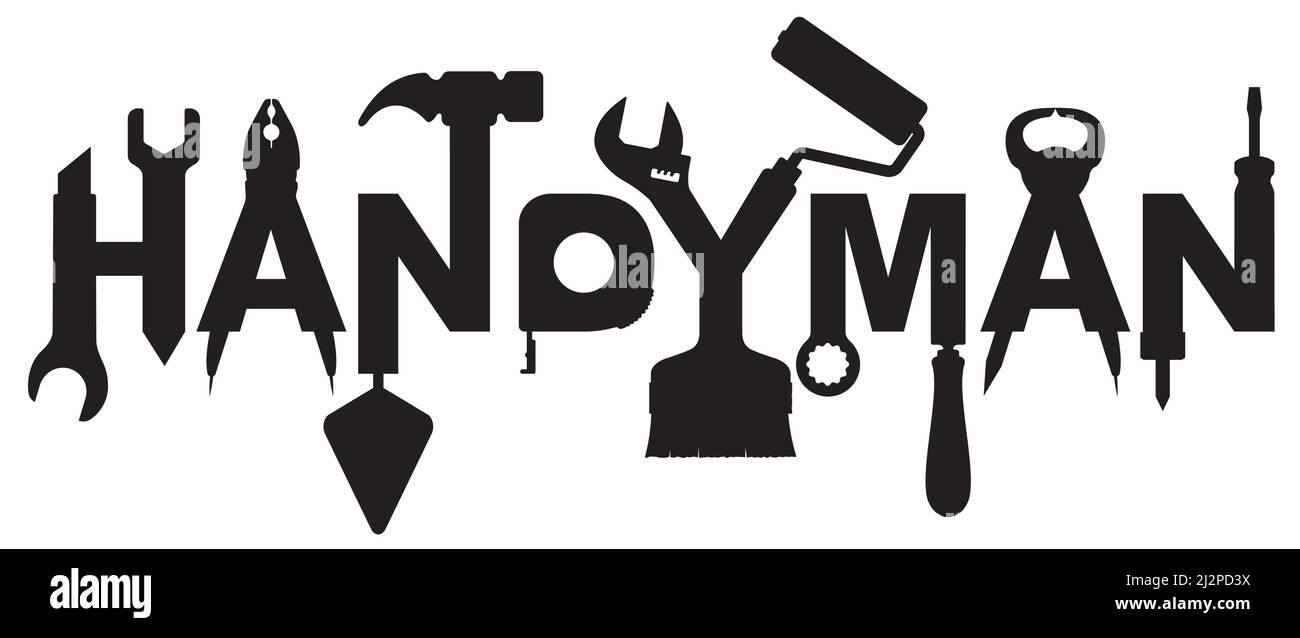Mastering Time Coordination Strategies to Improve Your Handyman Productivity
Wiki Article
Scheduling management is an essential skill for handyman experts who aim to operate efficiently and effectively. By mastering various task management strategies, technicians can finish tasks more rapidly, reduce tension, and improve customer satisfaction. When executing proper time use, handymen can rank their jobs, allocate enough resources, and ensure they meet deadlines. This article will explore some effective time management strategies that handymen can adopt to enhance their efficiency.

One effective strategy is creating a daily schedule. A carefully planned schedule helps handymen arrange their day and assign specific times for each job. This includes not only the jobs themselves but also travel time and rest periods. By scheduling the day in advance, handymen can see their workload and make more informed decisions about how to use their time. Having a defined outline of the day's activities allows for changes as needed, making it simpler to handle unexpected obstacles or setbacks.
One more effective strategy is establishing priorities based on immediacy and priority level. Handymen often face numerous tasks at once, which can be overwhelming without a defined sense of what needs immediate attention. Using a task matrix can help sort tasks into categories such as time-sensitive, important, or lower priority. By concentrating first on the most pressing and important jobs, service professionals can ensure they are addressing customers' needs promptly while also advancing on long-term projects.
In addition to scheduling and ranking tasks, technicians should consider using tools and digital solutions to optimize their processes. Various apps and programs are available that help with job tracking, budgeting, and communication with customers. These tools can save time by scheduling reminders or monitoring materials needed for individual jobs. Utilizing technology allows handymen to stay organized and minimizes the risk of forgetting critical details, thus boosting overall productivity.
Lastly, reviewing performance regularly is essential for continuous improvement in task scheduling. Handymen should take time at the end of each workweek or month to review what was effective and what could be improved in their daily routines. This self-assessment allows for adjustments that can lead to better performance in future tasks. By staying proactive about managing time strategically, handymen can consistently refine their methods and reach greater results in their work.
In conclusion, developing time management strategies is critical for maintenance professional efficiency. By building a daily schedule, setting task orders, utilizing digital tools, and evaluating performance consistently, technicians can significantly boost their productivity. These methods this not only help in completing tasks more efficiently but also contribute to better customer satisfaction and overall operational growth. Effective scheduling is not just about getting things done; it is about doing them correctly.